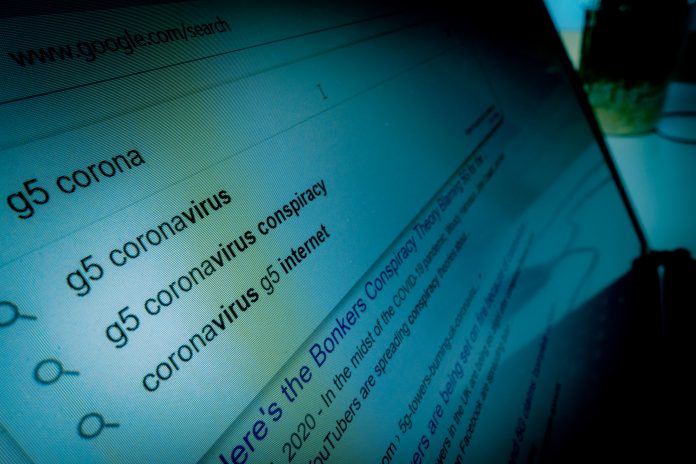Salvatore Sinno, Chief Security Architect and Director of Cybersecurity Innovation at Unisys, discusses the importance of fighting misinformation during the COVID-19 pandemic
Information is powerful. It creates certainty, builds trust, and informs our decision-making. And as humankind has repeatedly shown, we can achieve extraordinary feats with the right information and necessary resources.
During a crisis, the importance of high-quality information becomes ever greater. Many of us have been reminded of this fact almost constantly during the early months of 2020. As the COVID-19 pandemic spreads, we are collectively striving to understand both the virus itself and what it means for our friends, families, co-workers and wider societies.
Once we have that information, our natural instinct is to share it. But during a global health crisis, misinformation can be as dangerous as the virus itself – so individuals and businesses alike must be wary.
The rise and risk of information sharing
The intention behind the urge to share information is usually good. Individuals are understandably keen to pass on articles pertaining to COVID-19, from protection methods to updates about its spread and political or economic updates.
Yet despite the best of intentions, misinformation is everywhere – and it travels fast. We’ve already seen some very clear examples of this; the notion that COVID-19 is caused by 5G has been much discussed online, even leading to 5G towers being set on fire in the UK, despite the claim being totally unfounded.
Even more disturbing is the rise of information that is either wilfully misleading or has been planted with malevolent intent. The stark reality is that, in every crisis, there will always be a group of individuals who are ready and waiting to take advantage of fear.
These threat actors will seize upon the opportunity presented in a number of ways, from mischief-makers seeking a moment of national notoriety to those actively spreading disinformation for political gain. Some are even installing ransomware onto trusted sites, creating a cybersecurity risk every time a link is clicked, as well as a social one.
We all know what we need to do to tackle the spread of the virus: we should stay at home to save lives. But it’s not always quite so clear how we should fight the spread of misinformation.
Tackling misinformation
We all have a personal responsibility to think carefully about the links and articles we share. Now more than ever, we should interrogate what we read and check our sources. Where possible, readers should cross-reference information with dedicated independent factchecking sites such as Full Fact or Snopes.
However, the issue of misinformation is not just one of personal responsibility. Business decisions are just as likely to be affected by coronavirus as our personal lives, so it’s crucial any reaction to new information is grounded in reality. It’s not always possible to get the answers we’re all seeking, like a date for the end of lockdown, but it is mostly possible to avoid acting on misinformation.
Likewise, businesses must play their part in researching information carefully in order to speak intelligently and openly about the virus, both to reassure employees and to effectively plan for the future at a time of such uncertainty. Many workers may be experiencing a mental health dip at the moment – and since misinformation can easily spread panic, businesses must step up and communication openly to try and prevent employees heading to more unreliable sources of information. Yet it’s not just a matter of communication and employee welfare.
Businesses must also ensure they have the right protection in place against emerging cyber threats created by the pandemic. Employees across many industries are now working from home for the first time in history, using personal internet connections rather than a secure office network. This is often on personal laptops or computer, in addition to company-sanctioned devices. Every time an employee clicks a new link, this doesn’t just risk exposing employees to misinformation: it also creates an active cybersecurity risk.
Businesses must respond accordingly, deploying cyber defences that deliver real resilience in the face of this new threat environment. Fortunately – at a time when many are concerned about budgets – this can be done in a cost-effective and efficient manner, by leveraging security tools that are native to advanced cloud technologies, including containers and Kubernetes.
Informed insight is essential
With so much to worry about at the present time, it’s easy to succumb to fear in both our personal and working lives. But during a pandemic, misinformation isn’t just inconvenient. It could put lives at risk, so we must all be mindful of this threat, along with the cybersecurity concerns that come along with it. Fortunately, there are ways that individuals and businesses alike protect against the spread of false information – and in doing so, ensure we are all better placed to navigate the challenges of the months to come.











